Cabinet puts off decision on future EU policy
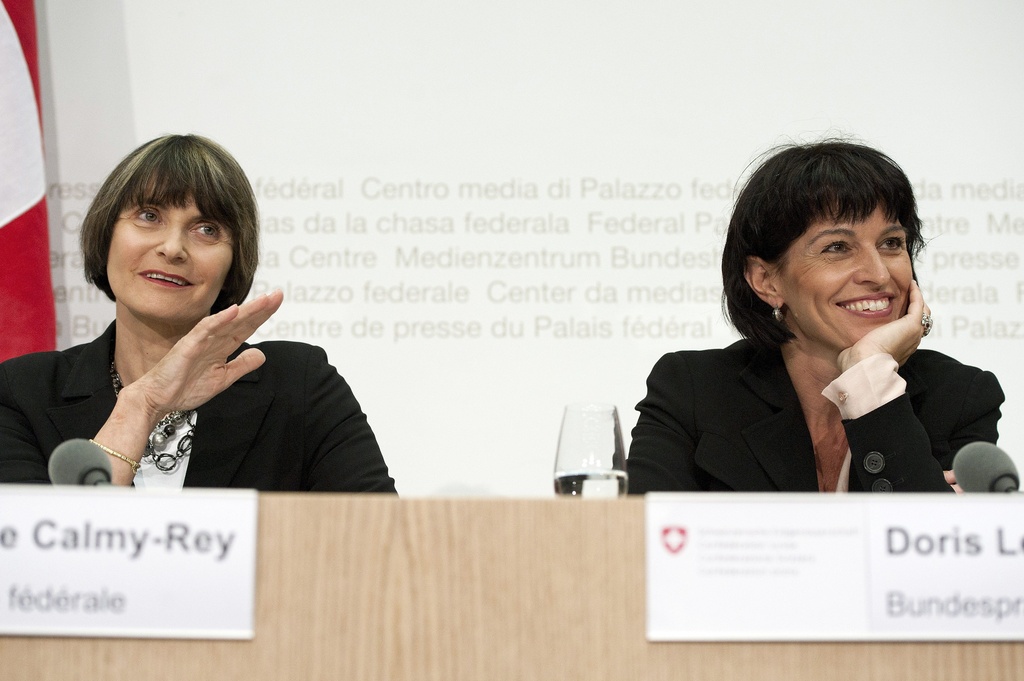
The Swiss government says bilateral accords are still the best way to work with the European Union, despite increasing difficulties.
President and Economics Minister Doris Leuthard and Foreign Minister Micheline Calmy-Rey announced that a working group would examine possible options to define a future strategy by the end of the year.
The focus will be on adapting Swiss law to EU rules for the more than 120 bilateral accords with Brussels and the introduction of a tribunal to resolve contentious issues.
Thursday’s announcement comes a month after Leuthard was told by EU leaders that the era of tailor-made bilateral treaties with the 27-member union was nearing an end.
“Continuing the bilateral path is the most suitable instrument,” Leuthard told a news conference that followed a special cabinet meeting a day earlier.
She announced that the cabinet had approved mandates for negotiations on two new accords with the EU, notably for the chemical industry and on cooperation with competition authorities.
She said both sides had a mutual interest in finding a stable solution. “Switzerland is an important partner for the EU. With a healthy portion of self-confidence we can count on pragmatic solutions.”
Options
Leuthard said the working group, made up of representatives of all seven ministries, would present options by December.
“We hope the proposals will clarify the possibilities enabling to us keep our sovereign rights,” she said.
The government does not exclude proposing a framework agreement or a second attempt to conclude a European Economic Area treaty – a halfway house to full EU membership – which was rejected in a nationwide vote in 1992.
But the government refuses to agree to an automatic adoption of EU rules. “We insist on having a say,” said Leuthard.
Calmy-Rey added that Switzerland could not continue to follow the bilateral path without introducing changes. However she stressed that the real issue was to continue cooperating successfully with Brussels.
“We want to find a way to defend the interests of Switzerland. It is not a question whether we should or should not join the EU,” she said.
Reaction
The Radical Party, one of five represented in government, welcomed the cabinet decision. “The false prophecies that we’ve come to the end of the bilateral path were wrong,” the party said in a statement.
The centre-right party added that Switzerland, having emerged buoyant from the economic crisis, could “enter negotiations on future bilateral treaties with the EU from a position of strength”.
However, the pro-EU Greens called the cabinet decision a “step backwards” since the current working arrangement with Brussels had “no future in the medium-term”.
For its part, the anti-EU movement, the Campaign for an Independent and Neutral Switzerland (Cins), was disappointed, but for different reasons.
“The government’s whinging over the limitations of the bilateral path and subservience to Brussels shows that it has already capitulated and wants to join the EU,” Cins said.
On ice
The government had applied for membership negotiations in 1992 but the request was later frozen. “It will remain on ice,” said Leuthard.
For more than a decade the government has said that bilateral treaties with Brussels are the only viable option.
Voters have confirmed the policy in six nationwide votes since 1997.
The public debate about Switzerland joining the EU has become almost non-existent in recent years, with supporters and opponents entrenched in their positions.
Rightwing Swiss People’s Party strongman Christoph Blocher based much of his political career on an anti-EU stance.
Observers point out that a new debate on closer ties with the EU could boost his chances ahead of parliamentary elections in October 2011.
1992: Rejection of the European Economic Area Treaty – considered a halfway house to EU membership – by Swiss voters.
1997: Voters throw out proposal by rightwing groups to make EU membership negotiations subject to a nationwide vote.
2000: First set of bilateral treaties (trade, labour, transport) approved in nationwide vote.
2001: Proposal to launch immediate EU membership negotiations rejected in nationwide vote.
2005: Second set of bilateral treaties (customs, asylum, savings tax) win approval in nationwide vote. Extension of labour accord to ten new EU members also approved.
2006: Voters endorse Swiss payments for eastward expansion of EU.
2009: Electorate approves extension of the labour accord to Romania and Bulgaria.
1961: Seven countries, including Switzerland, sign the European Free Trade Agreement (Efta).
1963: Switzerland joins the Council of Europe.
1992: Swiss government decides to apply for negotiations on EU membership. The application remains shelved.
The government’s 2006 report on European integration stated that the Swiss policy is based on bilateral treaties.
Switzerland and the EU have concluded about 120 bilateral agreements since 1972 when voters approved an Efta accord with Brussels on a free trade zone.

In compliance with the JTI standards
More: SWI swissinfo.ch certified by the Journalism Trust Initiative

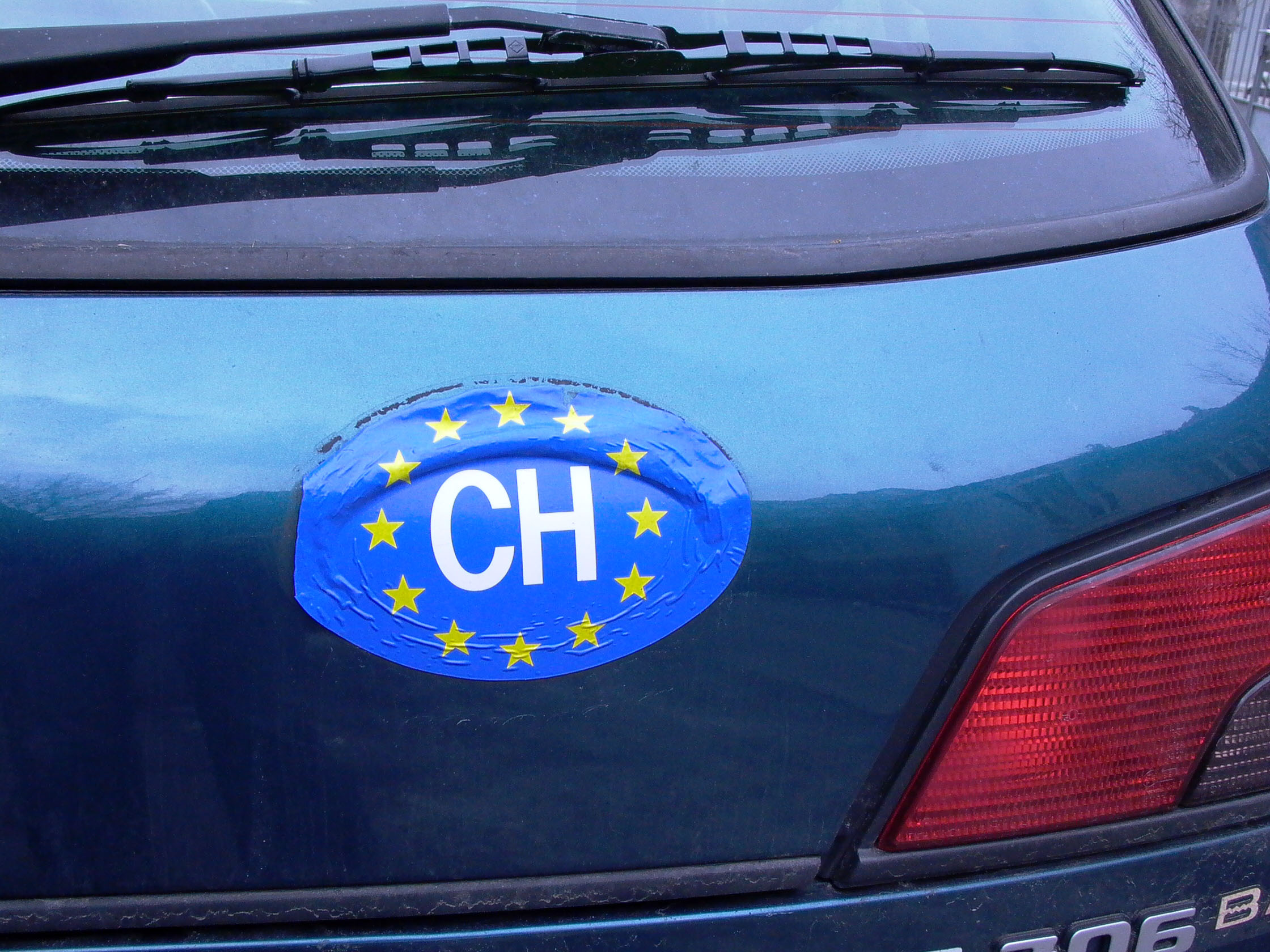
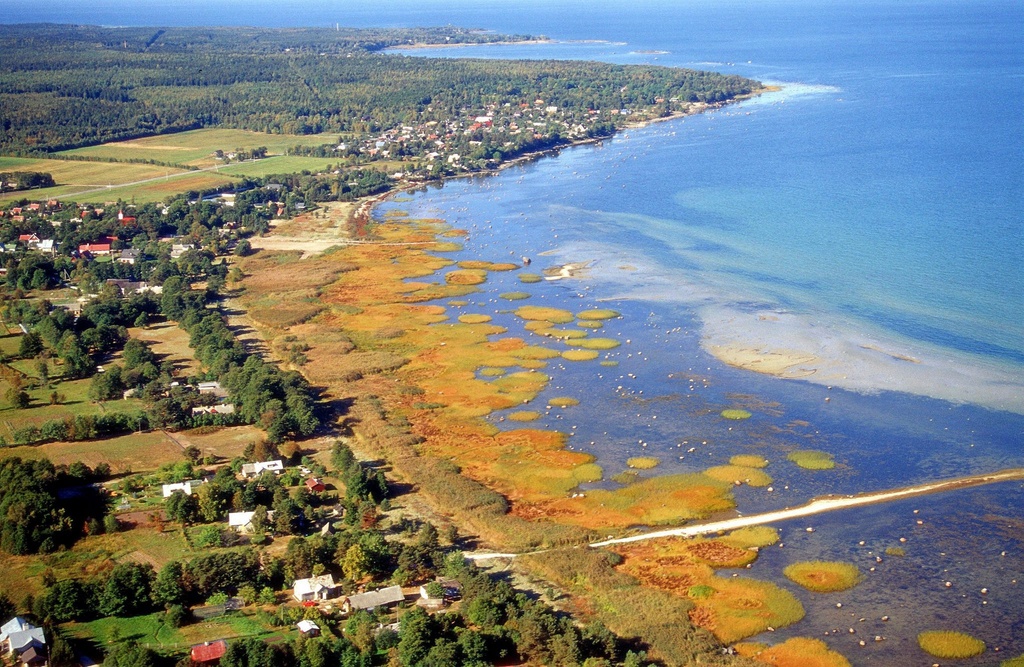

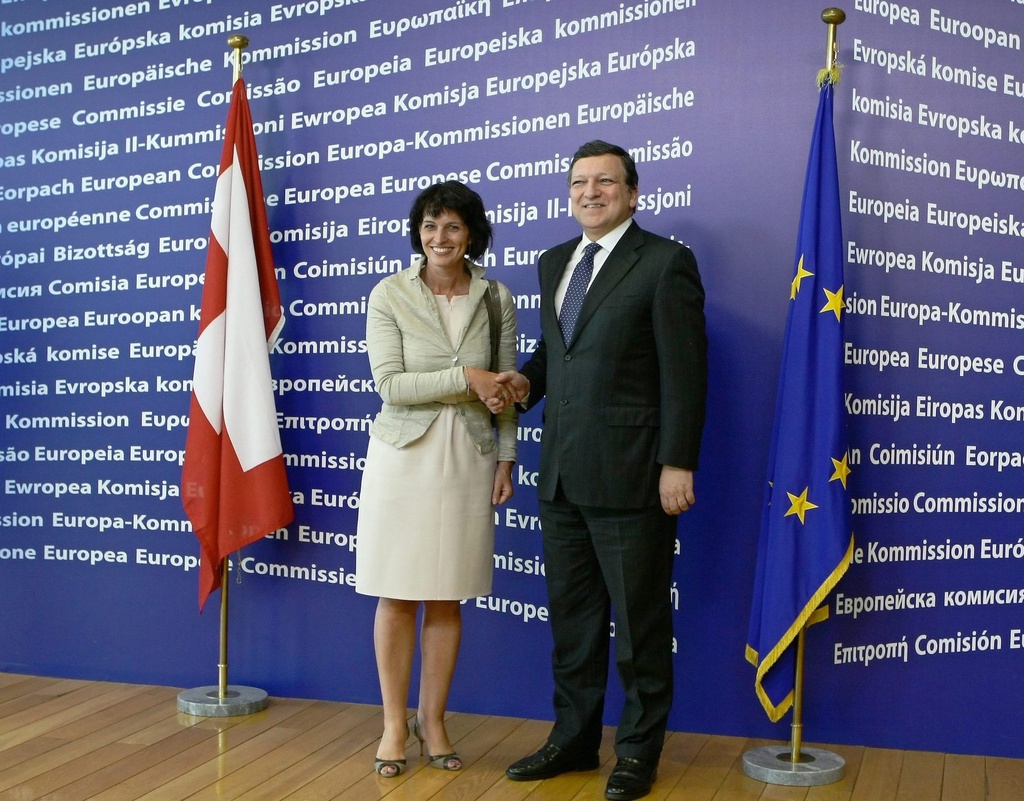
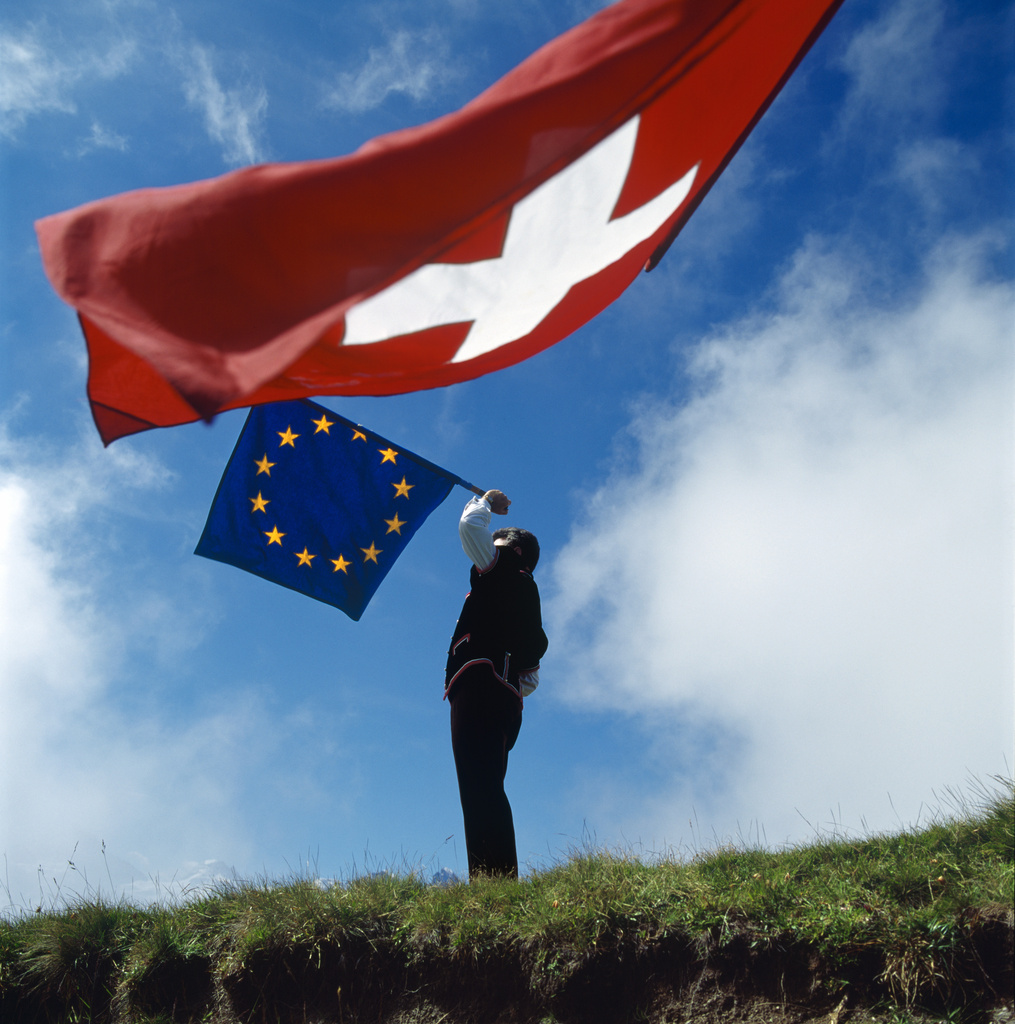
You can find an overview of ongoing debates with our journalists here. Please join us!
If you want to start a conversation about a topic raised in this article or want to report factual errors, email us at english@swissinfo.ch.